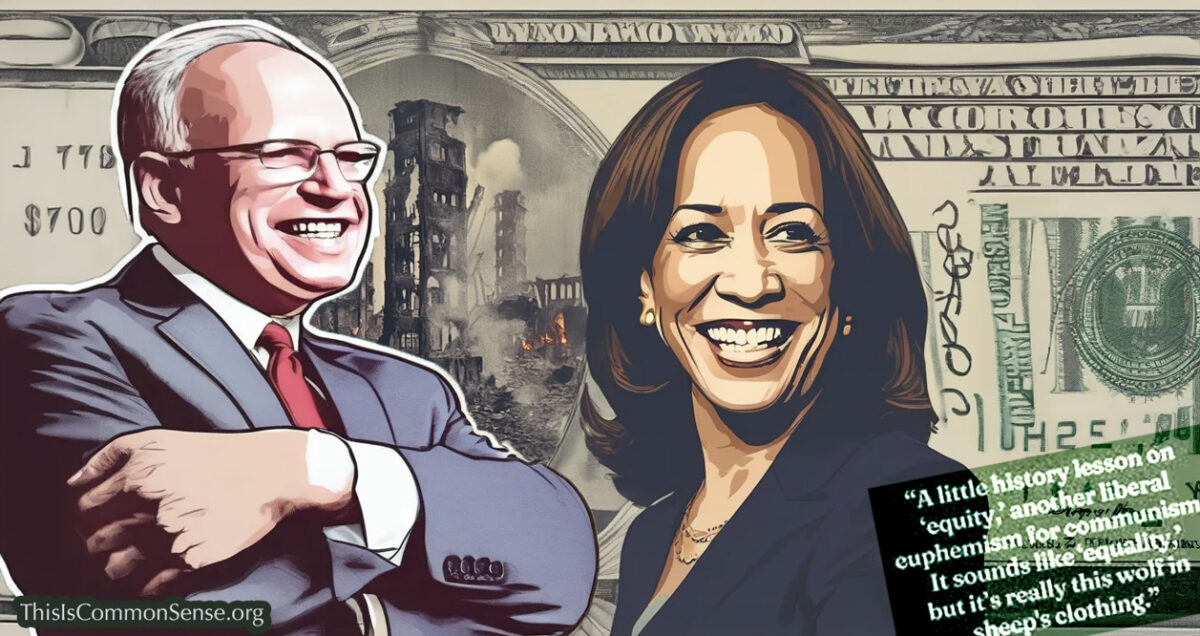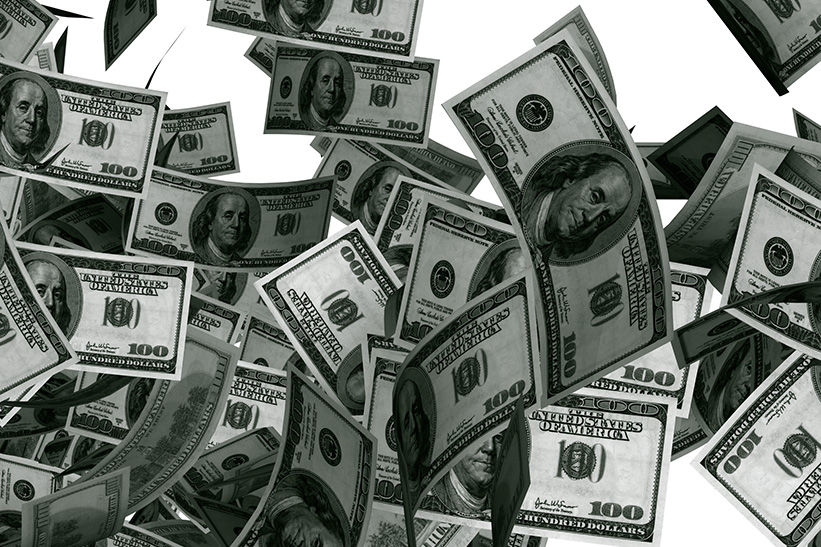Taxing capital gains is a form of income taxation that Democrats love.
And it’s not just a matter of increasing revenue. Remember that President Obama thought that increasing the capital gains rate was a good idea even if it decreased government revenue. Democrats are playing to a soak-the-rich sentiment among their base, even when the most important supporters are billionaires.
Take Mark Cuban. He’s a billionaire. And he supports Kamala Harris for president.
Weeks ago, the Democrat standard-bearer came out with a wild proposal to tax unrealized capital gains. And Cuban, for all his faults, is not an idiot; he knows just how incredibly corrosive that tax on capital would be.
“It would kill the stock market,” he points out.
In a chat with Fox Business, Cuban explained how he told Democratic insiders that taxing unrealized capital gains (as when stocks you hold gain value, but you haven’t sold them so you have no income from them), would become “the ultimate employment plan for private equity, because companies are not going to go public because you can get whipsawed, right?”
By this he means that a stock owner might have to borrow money to cover taxes, only to have the stocks go down later and enjoy neither rebate from the government nor any income from the investment to cover the debt.
Cuban insists that Democratic insiders are pragmatic and will not push this tax.
Yet, with both members (comrades?) of the presidential ticket spouting Marxist talking points, how do we know that they are stable (corrupt?) enough to save public capitalism from their malign agenda?
How can we be sure they’re just lying?
This is Common Sense. I’m Paul Jacob.
Note: Since unrealized capital gains aren’t income, I don’t know how taxing them could be constitutional. Perhaps someone can explain this to me.
Illustration created with PicFinder and Firefly
—
See all recent commentary
(simplified and organized)


